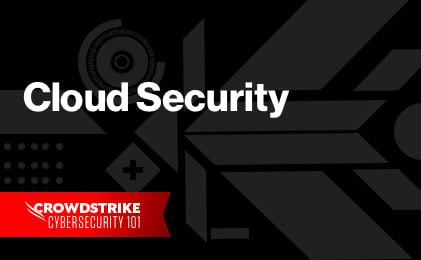ISO 27000 family of standards
The ISO 27000 family of international standards provides comprehensive recommendations for best practices for protecting information systems from a variety of threats. This set of standards includes:
ISO 27001: This is the core standard in the series, and provides a common set of controls for managing information security. It specifies the requirements for establishing, implementing, maintaining and continuously improving an Information Security Management System (ISMS). ISO 27017: This standard provides additional security controls specific to cloud computing, addressing the unique security challenges associated with cloud environments. ISO 27018: Focused on the protection of personal data in cloud environments, this standard defines privacy controls to ensure compliance with data protection regulations.
Although compliance with ISO standards is voluntary, obtaining certification can provide numerous benefits. Certification demonstrates commitment to strong information security practices, instilling confidence in customers and suppliers. It also reduces risks to information assets and facilitates compliance with mandatory data protection regulations. Adhering to these standards helps organizations create a structured approach to managing sensitive information, ensuring it remains secure and confidential.
In addition to these core standards, the ISO 27000 family includes other guidelines and frameworks tailored to specific aspects of information security, such as risk management (ISO 27005) and cybersecurity (ISO 27032). Together, these standards provide a comprehensive toolkit for organizations seeking to strengthen their information security posture and protect against a wide range of cyber threats.
By adopting and certifying the ISO 27000 standards, organizations can not only improve their security measures, but gain a competitive advantage, as the certification is widely recognized and respected in both local and international markets. This commitment to information security best practices can increase customer confidence and business opportunities.
Payment Card Industry Data Security Standard (PCI DSS)
PCI DSS, administered by the Payment Card Industry Security Standards Council (PCI SSC), is a security-oriented standard that applies to any organization that accepts or processes card payments. This standard is designed to protect payment card transactions and cardholder details by setting 12 basic requirements.
These requirements are more specific than those set out in general data protection regulations such as the GDPR, providing concrete measures to enhance payment security. However, implementation of these requirements may vary significantly in cloud environments. Traditional perimeter-based firewalls are not designed for the dynamic, distributed and highly scalable nature of the cloud. To address this challenge, organizations need to use cloud firewalls, which are software-based solutions specifically designed to protect cloud infrastructure. Cloud firewalls can dynamically adapt to the changing landscape of cloud environments, providing more robust and flexible security measures.
PCI DSS compliance not only helps protect sensitive payment information, but also demonstrates adherence to strict security practices, enhancing customer confidence and potentially reducing the risk of a data breach. As cyber threats continue to evolve, maintaining PCI DSS compliance is essential for organizations that handle payment card transactions, ensuring they stay ahead of potential security vulnerabilities and effectively protect their customers' data.
Health Insurance Portability and Accountability Act (HIPAA)
HIPAA is a US legislation enacted to ensure the protection of sensitive patient data. HIPAA applies to any organization that handles protected health information (PHI), including health care providers, insurance companies, and their business partners. HIPAA compliance is critical to protecting patient privacy and securing healthcare information from unauthorized access and breaches – especially in cloud environments, where the dynamics of data storage and processing differ significantly from traditional on-premises settings.
To comply with HIPAA in the cloud, organizations must:
Conduct regular risk assessments: identify potential vulnerabilities in the handling of protected health information within cloud environments and evaluate security measures of cloud service providers. Develop and implement policies and procedures: Ensure that these policies address the unique challenges of cloud storage and processing, such as data residency, encryption, and access controls. Employee Training: Train employees on HIPAA requirements and best practices for protecting protected health information (PHI), with an emphasis on cloud-specific considerations. Strong security measures: Implement encryption, secure access controls, and regular monitoring of systems handling ePHI in the cloud. Ensure that cloud providers offer HIPAA-compliant security features and maintain a Business Associate Agreement (BAA) with them. Incident response plan: Develop a clear incident response plan that includes steps to address potential breaches in the cloud and ensure timely notification.
HIPAA compliance not only protects sensitive patient data, it helps organizations avoid significant penalties for noncompliance, which can include fines of up to $50,000 per violation, with a maximum annual penalty of $1.5 million for similar provisions. Additionally, maintaining HIPAA compliance demonstrates a commitment to patient privacy and trust, which is essential to building and maintaining a reputable healthcare organization.
By adhering to HIPAA regulations and addressing cloud-specific considerations, healthcare organizations can effectively manage and secure protected health information, ensuring the privacy and security of patient information in an increasingly digital healthcare environment.



